Does Vinegar Really Go Bad?
Does vinegar really go bad? You may have wondered whether it goes bad or not. We’ll talk all about it today, so let’s get started.
Most people know that vinegar is not only used as a condiment but also helps with weight loss, cooking, baking, and even used as a cleaning agent.
When you head to the store and pick up a bottle of vinegar, whether you’re going for the more expensive balsamic vinegar or a gallon of distilled white vinegar, you’ll notice there’s an expiration date on the container. Does vinegar go bad?
You then take it home and it may get pushed to the back of the pantry and it’s forgotten for a number of years. One day you happen to notice it in the darkest corner of your pantry and you pull it out and realize that it’s long out-of-date.
The only logical solution is to throw it away, right? But is it really bad? We’ll fill you in on what you need to know about vinegar and its properties, as to whether it really goes bad or not.
Does Vinegar Really Go Bad?
In all honesty, vinegar should never go bad, even long after the expiration date that the label may recommend. It can last for years, if not forever, if left unopened.
The only thing that you may forfeit on expired vinegar, is the quality. While it’s safe to consume, the taste and the consistency might not be up to your level of satisfaction.
Now, if the vinegar has been tampered with, or not stored properly, there may be a chance that it has gone bad.
How to Store Vinegar
You should store your vinegar in a cool, dark place to help it retain quality. It’s up to you, but many people even put bottles of it in the refrigerator.
Once you’ve opened the bottle of vinegar, make sure that you tightly seal the cap after every time you use it. That way it doesn’t make contact with the air and be exposed to contaminants and bacteria.
It’s also best to store your vinegar in a glass container and never in containers that consist of metal. Doing so can create chemical reactions with the vinegar and make food made with vinegar as an ingredient not safe to eat.
Types of Vinegar and Their Uses
Distilled White
One of the handiest vinegar types out there is distilled white vinegar which is sometimes labeled white vinegar. It has a strong flavor and you can use it to cook several ways.
You can use it when cooking hard boil eggs since it helps soften the shell. You can use it when making ketchup, and even for making delicious mashed potatoes. It’s most commonly used for its cleaning abilities.
If you add white vinegar with baking soda, you’ll create a foaming paste that can remove stains from carpet, along with grease and food that’s been caked onto cooking pans. You can even use it while doing laundry to soften up your clothing.
Apple Cider
There’s a long list of health benefits that go with apple cider vinegar. Everyone should have a bottle of this tucked away in the pantry. It’s a fermented apple juice that can create a mouth-watering salad vinaigrette. You can also use it on potato products, shrimp, and meat.
It’s also been proven to help with weight loss and improving overall gut health. Some people use it to help fight diabetes and lower their cholesterol. Lastly, some consumers use it to add more volume to their hair or help remove product buildup from it. Apple Cider V Benefits
Balsamic
Balsamic vinegar is another popular one out there that originates from Italy. One of the main ingredients in it is grape must, a juice that comes from freshly squashed grapes.
It works great on a number of foods and is used as a salad dressing or a tasty marinade on your favorite meat. The longer it sits, the color becomes darker, the consistency thicker, while the flavor becomes sweeter.
Rice
Rice vinegar is a vinegar that has been fermented from rice wine. It has a sweet flavor and has less acidity to it than most vinegar. There are also several different types and colors when it comes to rice vinegar.
You can find it in clear, red, brown, and even black shades. Many people enjoy using rice vinegar in many Asian dishes, including stir-fry, noodles, vegetables, and salads.
Red Wine
Red wine vinegar is a wine that has been fermented, creating a sour flavor to it. People add it to salads, meat, and even use it in several slow-cooker recipes.
Champagne
Champagne vinegar is vinegar that consists of champagne that has been fermented over time. It has a light, sweet flavor, and goes great in salads or as a marinade on most meats.
White Wine
Just like red wine vinegar, white wine vinegar has been fermented from white wine. The flavor is much lighter than white and apple cider vinegar, and can be created into a salad dressing, marinade, and also for making specialty sauces.
Malt
People love putting malt vinegar on fish and using it to make pickles. It’s commonly given an expiration date of up to 2 years, but will last much longer if sealed properly.
Cleaning
Cleaning vinegar is strictly for cleaning and should never be ingested. It has an acidity of over 6%, while most other types are around 5%. It works great for cleaning and scrubbing surfaces and also for helping spray weeds in your garden.
Final Word
This is not an exhaustive list of all the vinegar types and their properties. It does contain information about the main vinegar types and what they are used for. Hopefully, this article helped you discover that vinegar lasts for a long time and may be used many years after the expiration date has passed. What vinegars do you use most often, and how do you use them in your home?

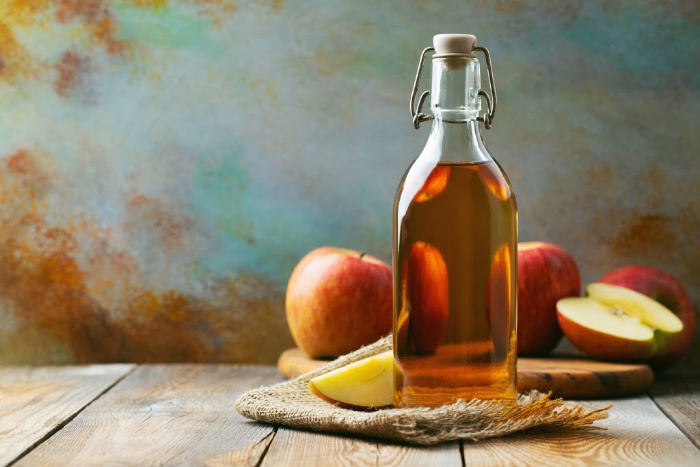

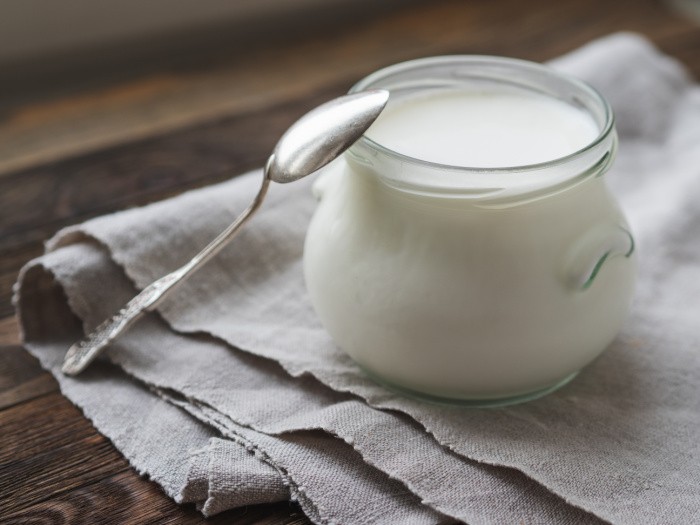

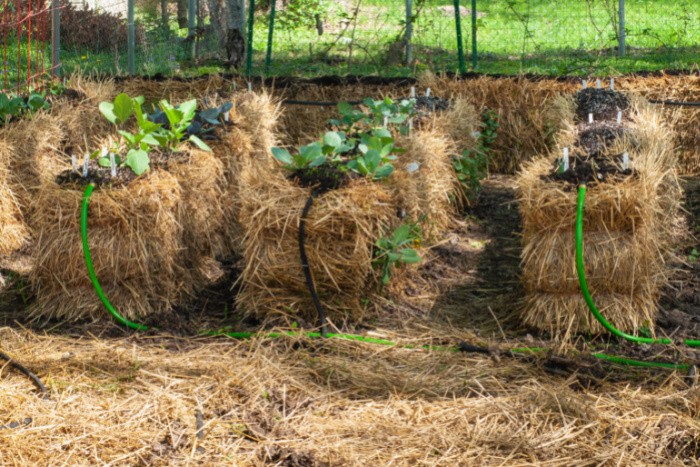
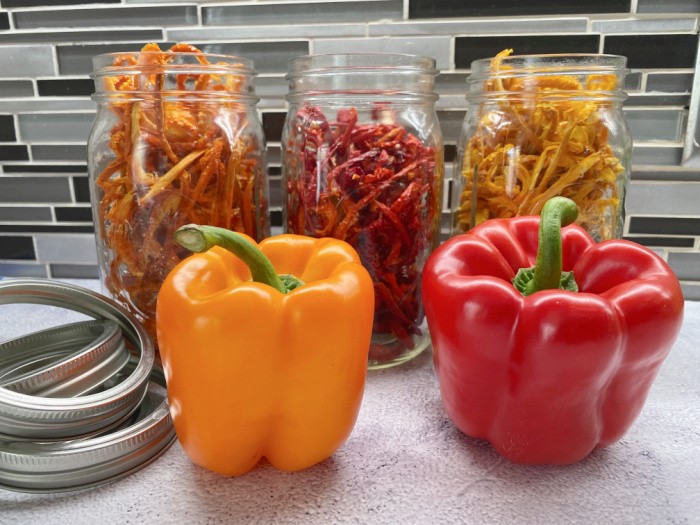
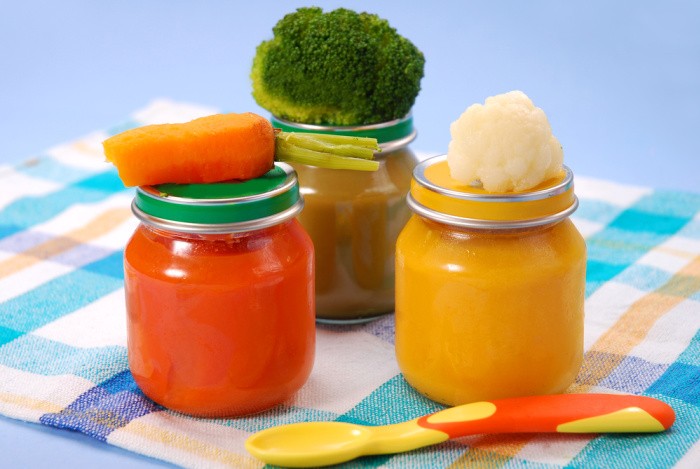

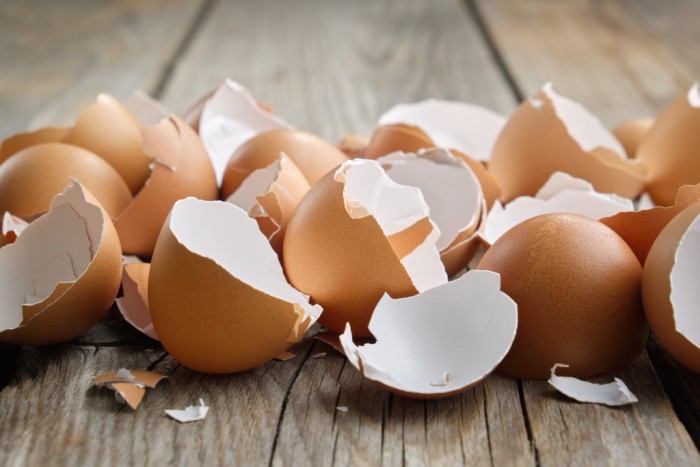
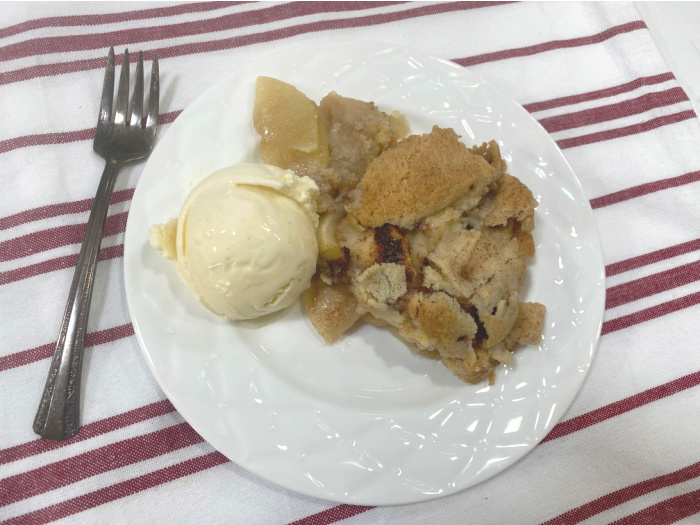
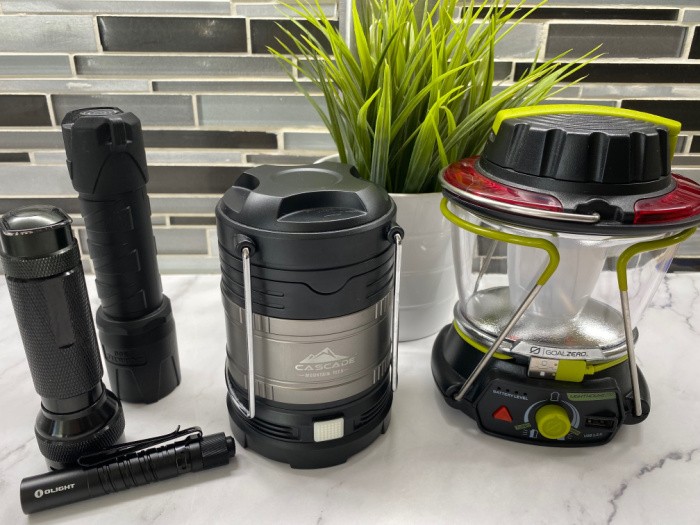
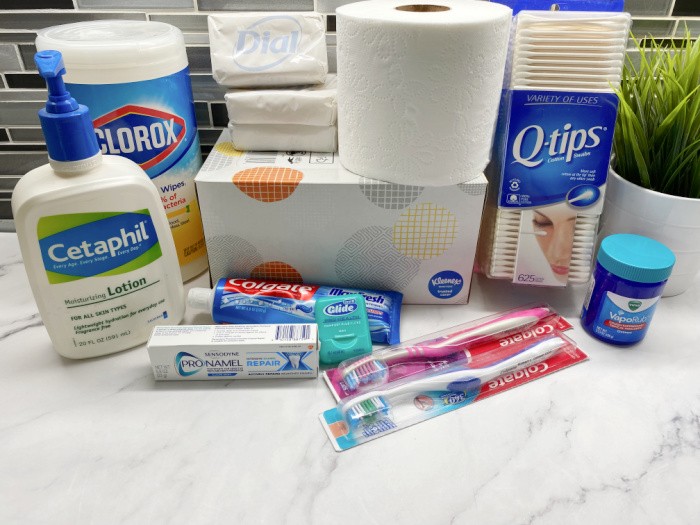
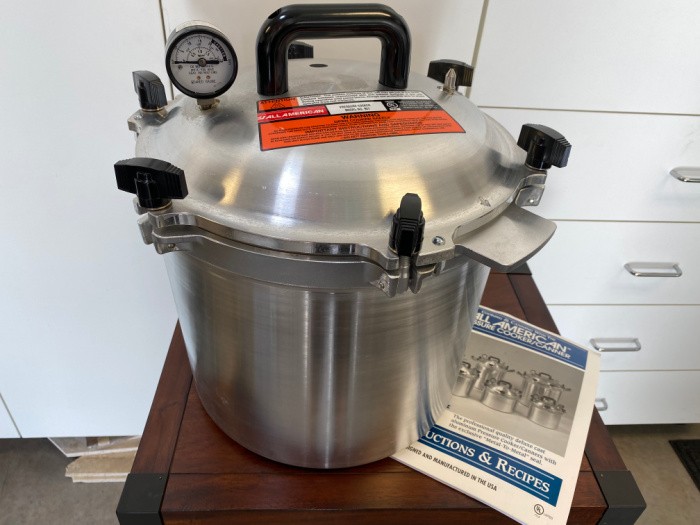
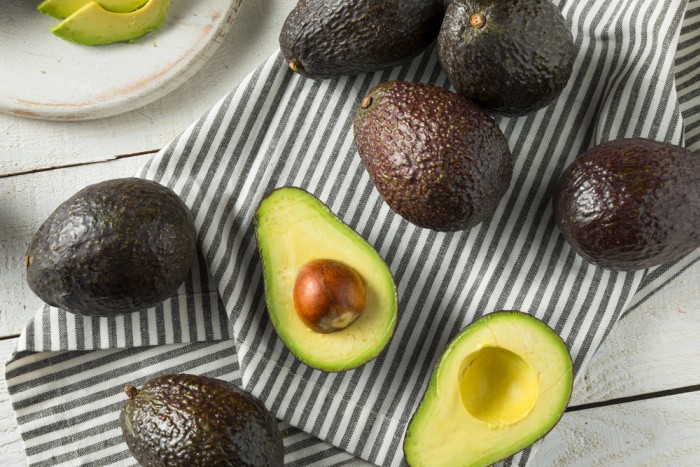

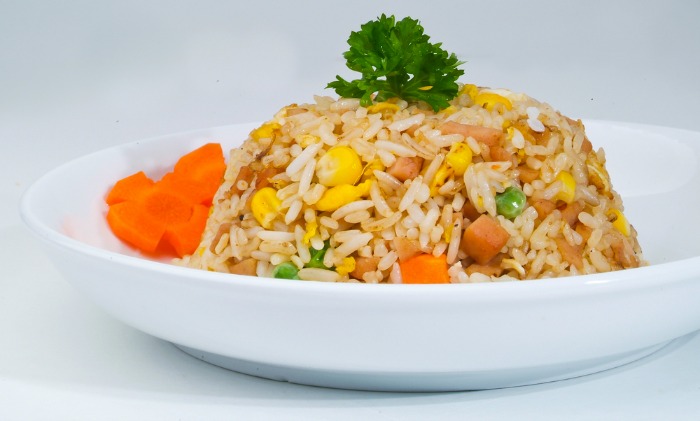
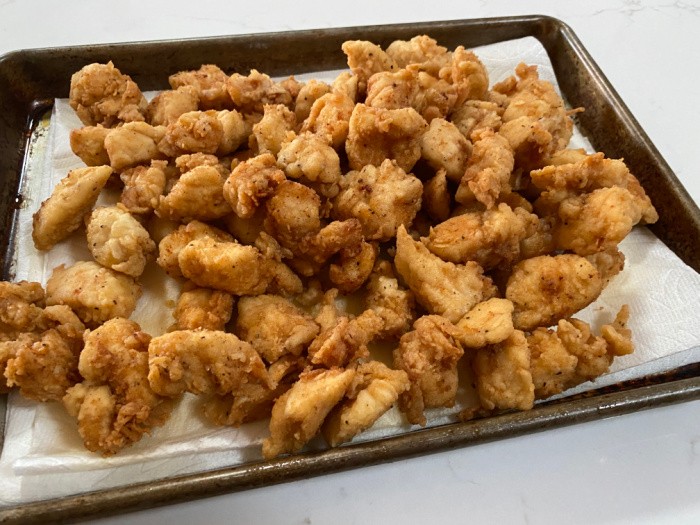





Good information. I am mostly familiar with white distilled vinegar and Apple Cider vinegar. Those two seem to be the basic types and the workhorse varieties.
The apple vinegar is very effective at rust removal, a bit more so than white, which I use it for often, but the white is still very capable and as you mentioned great for laundry. It seems to me that both are also about equally useful in home remedies.
I prefer vinegars to alcohol due to the large amounts of sugar in wines and such, plus vinegar brings health benefits. I printed the article to save in PDF form to serve as a quick reference to help me sort through the different types.
Hi Frank, I love hearing you print off my articles. It’s a great way to be prepared in case we lose power and we will. Linda
My mom used to make apple cider vinegar. It wasn’t until we moved to town that she ever bought/made white vinegar, let alone balsamic. Vinegar was used as a health aide, cleaning product and as a food preservative (also as a marinade). As to taste, my mom’s rule was that the jar needed to have made a ‘mother’ in the bottom. I still have my mom’s table vinegar bottle with glass stopper: we got it in the round box of Quakers oatmeal!
Hi Wendy, oh my gosh, what a treasure! I love having things my mother used. The round oatmeal box is an awesome story! The glass stopper is a classic!!!!! Thanks for sharing, Linda
Just a couple of things to add. Any vinegar used in canning recipes must be at least 5% acidity for food safety. Finding a mother in a vinegar bottle is truly a treasure in making future batches of vinegar. White vinegar may be distilled from wheat (good to know for those with allergies), and cider FLAVORED vinegar is simply white vinegar, well, flavored. You’ll notice a big difference in price between actual cider vinegar made from apples and cider flavored vinegar. I recently learned of 6% cleaning vinegar and 50%+ agricultural vinegar for killing weeds. Vinegar is very versitile!
Hi Debbie, great tip on the canning 5% acidity when I teach classes on canning (Master Canner here) I instruct them to do that. Great comment, thank you!!! Linda
When using vinegar to can current recipes are based around 5% vinegar. Vinegar used to be 6% and older recipes were based on the 6% vinegar. Care needs to be used that you don’t use a 5% vinegar in an older Recipe that was based on 6% vinegar. The purpose of the vinegar is to make the food acidic enough to water bath can. Use current recipes.
Hi Martin, you are so right, people must use the current canning books.Our food has changeds due to GMO foods, that’s another reason why we need the acidic % changed. Great comment. Please purchase updated USDA approved canning guides. Linda